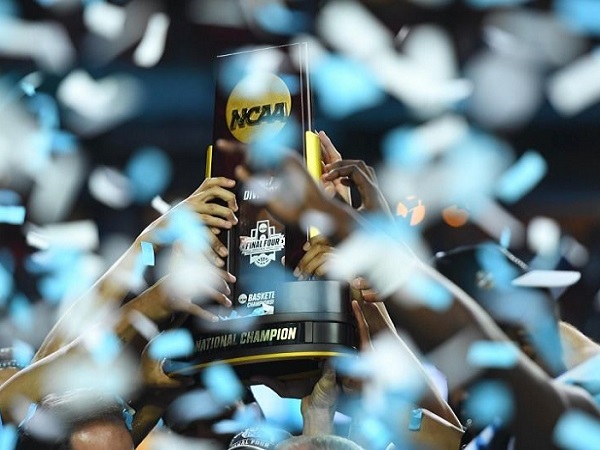The regulation of social media will be the question of our time. Indeed, the freedom of the internet to consumers will follow the path to least or some other level of resistance. The internet was once without much regulation, but as the days push into the future, companies and consumers are met with more restrictions.
Currently, internet search engines have free reign to provide results, but there are now, thankfully, consumer privacy restrictions in the collection of data for advertising purposes along with the regulation of criminal and other activity that is as much illegal offline as it would be online (if not more in certain circumstances online). Whereas, Google as a search engine holds an 87% market share over other providers, it has led the United States Justice Department to investigate Google and other tech and social media companies for antitrust activities.
With social media, there is an increasing call to make platforms liable for content, which if implemented would from a business risk management standpoint require companies to regulate speech on their platforms to minimize risk and liability. There is also an increasing call by some to continue to monitor, control, and deem certain speech inappropriate, which has also led social media companies to further regulate speech on their platforms. Where speech regulation initially started with terrorism and criminal activity that is covered by legislative action, there are increasing calls to suppress and remove content that is deemed by company policy to be harmful.
The world indeed lives in a dangerous time, one that is both the best and worst of times. The best of times because information is easily attainable beyond anything the printing press inventor Johannes Gutenberg could have ever imagined. The worst of times because any piece of information is available and if social media leadership has their way, regulation of speech it disagrees with by policy or preference will be regulated and removed.
In a previous column, a later update to Section 230 of the Communications Act provides immunity for internet platforms for speech. However, because of social unrest and pushback, some consumers wants to see more regulation of speech. It is a call that is short-sided because one of the bed rock principles in America is free speech and although there is no government actor with social media platforms, the tables in life often turn and popular opinion of the day seems to want to dictate terms. History shows that a good debate of ideas and consideration of opinions is necessary in a republic.
Social media companies should push back on calls to regulate non-criminal speech or better yet any speech not specifically regulated by legislation and court decision. Social media companies gained users, significant growth, enormous profits, and a liability-free playground from the government in its beginning through Section 230. For social media companies to now regulate the very users it used to profit from is duplicitous.
Unfortunately, in today’s climate, it is popular to suppress differing opinions because social media has given its users the Burger King “Have it your way” tools to do so. The tools to block, unfollow, unfriend, mute, and report. Tools we do not have as easily in real life beyond an internet connection and Wi-Fi. Social media gained free access and consumers ate it up on the way to becoming the main distribution highway to information. To now have social media companies self-regulate the information highway is dangerous. Users need to practice responsibility like not watching “R” rated movies with children present. People have a choice in what they consume, and how they consume, but the choice is key. Social media companies should not be choosing what information we consume.
It is American and indeed in comparison to Europe and other places around the world, it is exceptional because other countries regulate speech more severely and hold platforms liable. It is no surprise that many entrepreneurs and companies are started, grown, and seek haven in the United States. Any action to regulate speech on the internet must be first debated in the public space, in Congress, and eventually interpreted by the courts, not by companies who profit from the very users it is trying to regulate. It is a conflicted and compromising position otherwise.
























